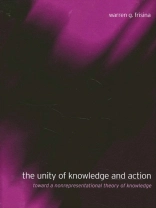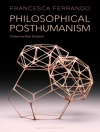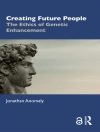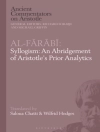Building upon insights from the sixteenth century Neo-Confucian Wang Yang-ming, the American pragmatist John Dewey, and the process philosopher Alfred North Whitehead, this book argues that knowledge is best understood as a form of action. Many of the most puzzling philosophic problems in the modern era can be traced to our tendency to assume that knowledge is separate from action. Letting go of the sharp knowledge-action distinction, however, makes possible a more coherent theory of knowledge that is more adaptive to the way we experience one another, the world, and ourselves. By responding directly to problems raised by contemporary thinkers like Charles Taylor, Donald Davidson, Richard Rorty, Daniel Dennett, Mark Johnson, George Lakoff, and Robert Neville, this book maps out a strategy for making progress in the contemporary quest for a ‘nonrepresentational theory of knowledge.’
विषयसूची
Acknowledgments
Introduction
PART I. Preliminary Remarks
1. Knowledge and the Self: Charles Taylor’s Sources of the Self
2. Antirepresentationalism in Late- and Postanalytic Philosophy: Donald Davidson and Richard Rorty
3. Minds, Bodies, and Consciousness: Daniel Dennett’s Consciousness Explained
PART II. Preliminary Remarks
4. Are Knowledge and Action Really One Thing? Wang Yang-ming’s Doctrine of Mind
5. Knowledge as Active, Aesthetic, and Hypothetical: The Relationship between Dewey’s Metaphysics and Epistemology
6. A Pragmatic Interpretation of Whitehead’s Cosmology
PART III. Preliminary Remarks
7. Minds, Bodies, Experience, Nature: Is Panpsychism Really Dead?
8. Heaven’s Partners or Nietzschean Free Spirits?
9. Knowledge, Action, and the Organicist Turn
Notes
Works Cited
Index
लेखक के बारे में
Warren G. Frisina is Associate Professor of Philosophy and Religious Studies at Hofstra University.












